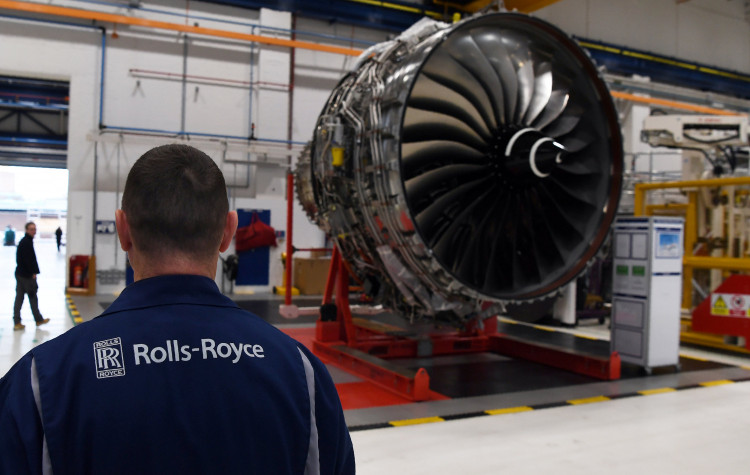Rolls-Royce has announced that it will be backing out of the race to be the sole engine provider for Boeing's new state-of-the-art midsized airplanes. The company was one of the leading contenders for the position, which is why it came as a shock for most that it had given up on the opportunity. Boeing is set to build two new commercial aircraft, known commercially as the Boeing 797.
According to reports, Boeing is likely to showcase its new midsize aircraft at the upcoming Paris Air Show this coming June. However, with Rolls-Royce now exiting the race, the unveiling may be delayed. During its bid to provide the engine for the new aircraft, Rolls-Royce had offered its new high-tech Ultra Fan engines. Boeing is currently working on two new concept airplanes, namely the NMA-6X and the NMA-7X.
The company president of Civil Aerospace announced to shareholders that the decision to exit the race was the "right decision" for everyone. The company apparently cannot commit to the timetable that was proposed by Boeing. As much as they wanted to provide the new engine for the new commercial airplanes, the company cannot risk speeding up its development of the new engine, which might also affect its work on its other projects.
Rolls-Royce's next-generation Ultra Fan engine is expected to make big positive changes to the industry, given that it does offer a 25 percent improvement on efficiency. The company is also currently developing several other engine types for different aircraft applications. This includes their new Trent XWB, Trent 1000-TEN, and the Trent 7000 aircraft engine.
As of the moment, there are still a couple of companies that are vying for the position of supplying the engines for Boeing next airplanes. The leading contenders include Unit Technologies subsidiary, Pratt & Whitney. CFM International, which is a joint venture company by General Electric and Safran, is also in the race to provide engines for the new airplanes.
During its most recent earnings call, Rolls-Royce revealed that it was able to increase its 2018 sales number to US$19.1 billion, with a pre-tax loss of US$3.8 billion. Majority of the losses came in the form of its compensation programs for its problematic Trent 1000 engines. The engines, which are installed on Boeing's 787 Dreamliner aircraft, were riddled with problems that included delayed deliveries and other issues. Rolls-Royce also revealed that its bottom line took quite a hit when Airbus decided that it would stop manufacturing its A380 aircraft.
Shares of the company's stocks fell slightly following the news of its exit in the race to supply engines for Boeing's new aircraft.






